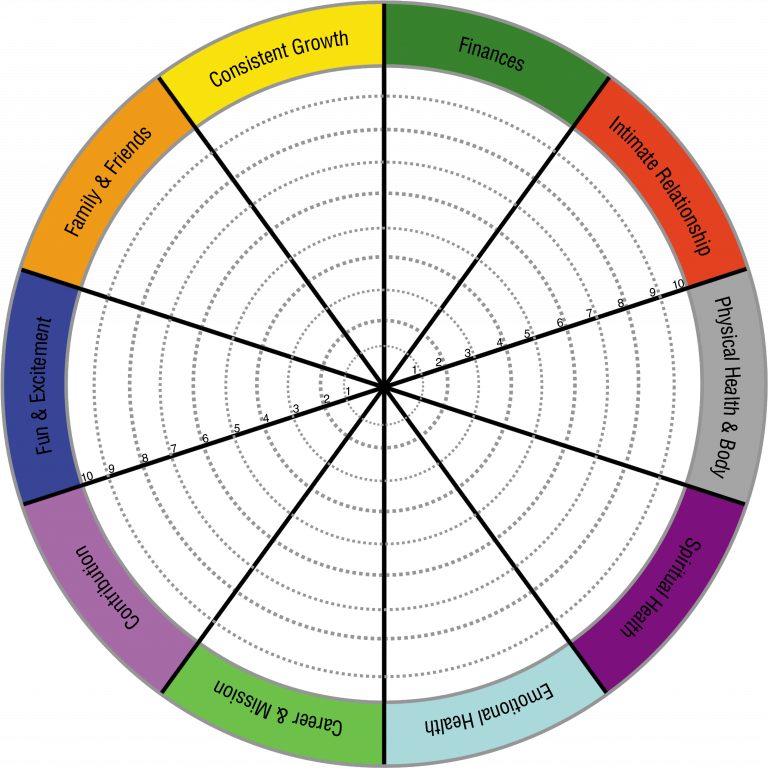Do you constantly say “yes” even when you want to say “no”? Do you put others’ needs ahead of your own and then feel drained or resentful? If so, you might be struggling with people-pleasing behavior, a pattern that often leaves you exhausted and uncertain of your own worth. The good news is that recovery is possible. With the right strategies, you can set healthy boundaries, regain confidence, and finally start living life on your own terms.
Certified Master NLP & Life Coach Christina Steinhoff works with individuals in Dubai and beyond to help them break free from people-pleasing habits. She guides clients to shift their mindset, release limiting beliefs, and build self-trust. Here are five practical steps to help you reclaim your confidence and recover from people-pleasing.
1. Recognize the Pattern and Acknowledge the Cost
The first step in recovery is awareness. Pleasing people often starts with a desire to be accepted or avoid conflict, but over time, it becomes a habit that undermines your self-worth.
Think of situations where you agreed to something just to keep the peace, only to feel frustrated later. Maybe you worked extra hours when you were already exhausted or agreed to attend an event you had no energy for. Each time you silence your needs, you reinforce the belief that others matter more than you. Acknowledging this pattern helps you take the first step toward change.
2. Reframe the Belief That Saying “No” Is Selfish
Many people-pleasers equate saying “no” with being rude or unkind. In reality, saying “no” is a form of self-respect. Reframing this belief is essential.
For example, instead of thinking, “If I decline, I’ll disappoint them,” shift the thought to, “By saying no, I protect my time and energy so I can show up fully when I choose to say yes.” This small but powerful change helps you move from guilt to empowerment. Christina Steinhoff often teaches clients to use reframing techniques from NLP to build new, healthier ways of thinking about boundaries.
3. Set Boundaries and Communicate Them Clearly
Boundaries are not walls; they are guidelines that define what is acceptable for you. Without boundaries, people-pleasing behaviors thrive.
Start small. If you normally agree to every request at work, practice setting limits. For instance, if a colleague asks you to take on another project when your plate is full, you could respond: “I’d like to help, but my schedule is already full this week. I can support you next week if that works.” This response is respectful but firm, and it shows that your time matters.
The more you practice, the more natural it becomes. Clear boundaries create space for mutual respect and reduce resentment.
4. Stop Measuring Your Worth by Others’ Approval
People pleasers often depend on external validation to feel good about themselves. This cycle keeps you chasing approval rather than trusting your own value.
Ask yourself: “Would I still make this choice if no one noticed or praised me for it?” This question shifts focus from pleasing others to honoring your authentic desires. Celebrating your efforts even when no one else does strengthens self-confidence. Over time, you learn that your worth is not tied to how much you do for others but to who you are.
5. Practice Self-Compassion and Celebrate Progress
Recovering from people-pleasing is a process, not an overnight fix. Along the way, setbacks will happen. Instead of criticizing yourself, practice self-compassion.
Treat yourself with the same kindness you extend to others. If you slip back into old habits, remind yourself that growth takes practice. Write down moments when you honored your needs, no matter how small. For example, saying no to a phone call when you need rest is worth celebrating. These small wins build momentum and confidence.
Christina Steinhoff emphasizes self-compassion as a core tool in recovery. By recognizing progress instead of focusing on perfection, you create lasting change.
Ready to Reclaim Your Confidence?
Breaking free from people-pleasing is about more than learning to say no; it’s about rediscovering your voice, your value, and your confidence. With the right support, you can replace self-doubt with self-trust and build relationships that are authentic and balanced.
If you are ready to recover from people-pleasing and embrace your true confidence, working with an NLP Certified Master Coach like Christina Steinhoff can help you transform your mindset. Through personalized coaching, she guides clients to release limiting beliefs, build resilience, and live life with clarity and confidence.

